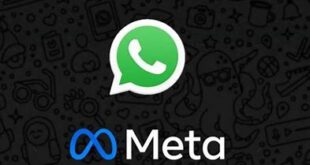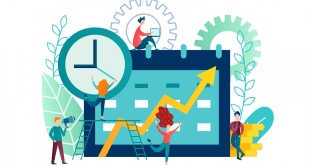It has doubt that every user uses applications on various platforms in their daily life.Mobile apps are being developed all the time to address the specific needs of those in recovery, including clever features that make it easier to find support, short-circuit triggers and relapse and connect with others who understand where you are.

What we covered?
Six Sobriety Apps
Sobriety apps are part of the much bigger trend of mobile health apps. According to Food and Drug Administration,”These tools are being adopted almost as quickly as they can be developed”.
Which results that half a billion smartphone users worldwide are expected to use a health care application by this year. By 2018, half of the more than 3.4 billion smartphone and tablet users will have downloaded mobile health applications.
Sober Grid
Social meets recovery in this brand-new app that’s already garnered some 25,000 downloads. Using Sober Grid you can easily find, chat with and meet up with other people in recovery. The app uses your phone’s GPS capabilities to allow you to see anyone near you who also uses the app while still remaining anonymous if you prefer. Beau Mann, one of Sober Grid’s founders, who is himself in recovery, says he got the idea when he was at the Sundance Film Festival and wanted to meet other people in recovery.
Flipd
If you want to dial back your compulsion to use the very platform that apps come on – smartphones and tablets – this app will help keep your device from constantly distracting you. Simply put, Flipd is a “productivity tool” that keeps you off your phone while allowing you to stay connected. It can also remotely lock your kids out of their phones to help them stay focused. The app’s productivity timer ensures uninterrupted focus, delivering auto-response SMS texts to let others know you’re busy. You can also track your accumulated time spent Flipd-off to motivate productivity.
Squirrel Recovery: Addiction
This app was developed at Ohio State by Dr. Lander and doctoral student Brandi Spaulding. It allows you to set up a support circle with other people in recovery from substance addictions (its focus). “Your circle can include 10 people,” explains Lander. “At your trigger times, questions pop up about your mood state.” The people in your circle know from your answers how you are doing and can respond accordingly to offer support and encouragement when you need it most. “There is also a panic button for immediate help from your circle,” Lander adds.
Quit That
This app tracks the progress you’ve made by quitting anything, from coffee and junk food to heroin and meth. It tracks the days and hours since you stopped and also how much money you’ve saved. There’s no limit to the number of bad habits or addictions you can track and, thankfully, no ads or tiresome prompts to deal with.
RecoveryBox Addiction Recovery Toolbox
This app has been around for a few years, but earlier in 2015 it got a big update that gave it a lot more punch. recoveryBox works using lights (green, yellow and red) that keep you accountable in your recovery. You log what you do every day and are greeted with a green light for “Way to go!” activities that support your recovery; a yellow light for “Warning light events”; or a red light for “Acting out” behavior. Whatever you enter is stored and can be emailed to a spouse, sponsor or another accountability partner.
SoberTool
SoberTool was developed by a Harvard-educated licensed chemical dependency and certified alcoholism and drug counselor who has been sober for 26 years. It’s aimed at recovering alcoholics and addicts and anyone who wants to stay sober or free from a bad habit. The app offers encouragement with various prompts as well as a reward system.



